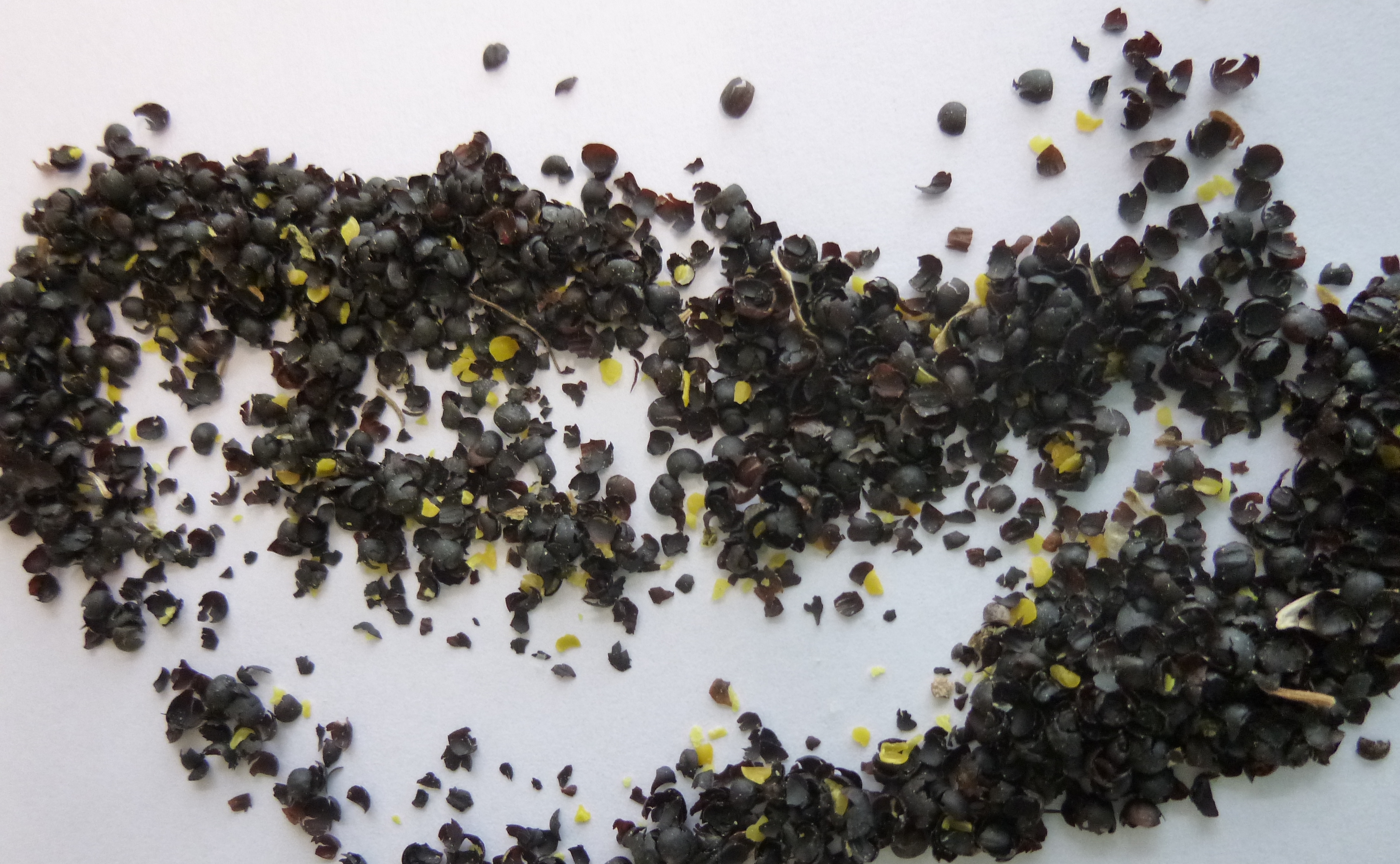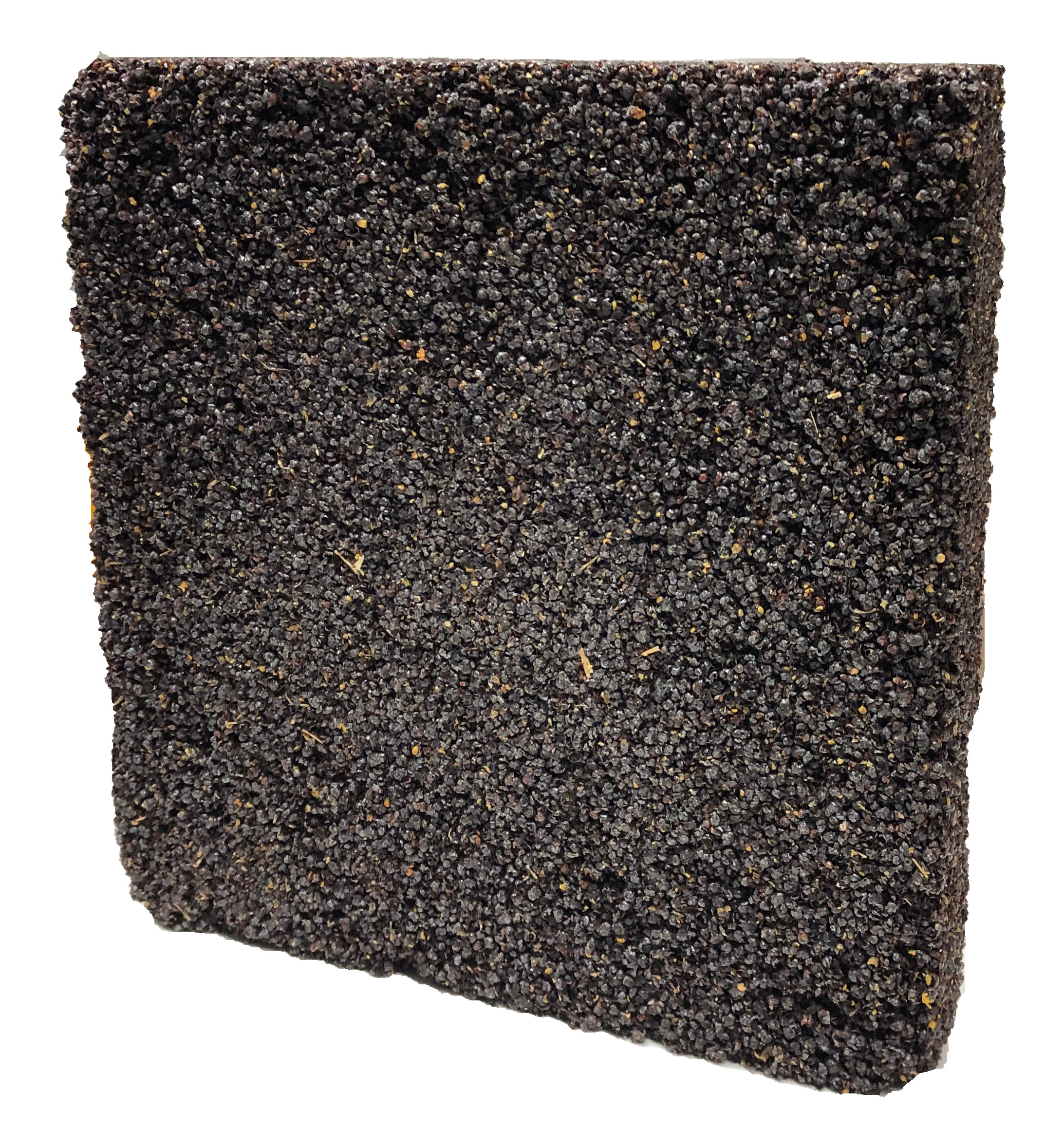Conventional processing of oilseeds consists of cleaning, drying and dehulling of the seeds, followed by heating, crushing and pressing, and extraction. Finally, the vegetable oils are refined and the meals are dried. On an industrial scale, the dehulling of soybean and sunflower seed in particular is implemented commercially, but canola seed is also dehulled for further processing on a large scale today. However, the process still has room for improvement in terms of yields, hull sizes and degree of dehulling and is therefore still the subject of current research projects.
Optimization of material properties
In the "DaeRpa" project, funded by the state of Saxony-Anhalt, an innovative approach to the use of rapeseed hulls as an insulating material is to be investigated. In general, insulation materials based on renewable raw materials can nowadays keep up with the technical data of conventional insulation materials in most applications. However, there is potential and need for optimization, especially with regard to the reduction of thermal conductivity or flammability. Complete cavity filling, which is necessary for optimum insulation properties, also places high demands on the material used.
Biobased coating for improved stability and fire-protection
In order to optimize the properties of the rapeseed hulls for use as insulation material, the material will be refined as part of this research project. To this end, the rapeseed hulls are additionally coated with a biobased coating, which is intended above all to strengthen the physical and microbial stability as well as the fire-retardant effect, in order to ultimately supply the rapeseed hulls as a product stream from the processing of rapeseed for increased added value. The use of new biobased epoxy resin systems envisaged in the DaeRpa project is especially innovative in the coating of rapeseed hulls. Particularly original here is the application of the rapeseed hulls as an epoxy component and also as a hardener component for the direct solidification of the biobased epoxides. This is to be realized in the project by means of a chemical modification of the rapeseed hull surfaces.
 Fraunhofer Center for Chemical-Biotechnological Processes CBP
Fraunhofer Center for Chemical-Biotechnological Processes CBP

